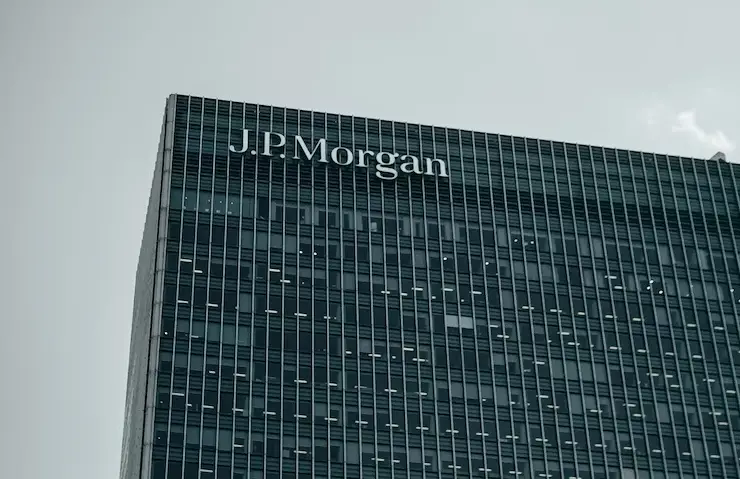On Wednesday, Russian local media reported that an online Russian database of arbitration cases showed that the Russian Agricultural Bank, Rosselkhozbank, has sued US financial services company JPMorgan Chase in a Moscow court.
The database showed that on November 20th, Rosselkhozbank filed the lawsuit, however the court system has not yet begun to process the case. The document provided no further details on the lawsuit.
Rosselkhozbank, as the key bank for the agricultural sector in Russia, is the main processor of settlements for Russian food and fertilizer exporters. Following the onset of the war in Ukraine, the bank was targeted by Western sanctions, and disconnected from the SWIFT international payment system, in an effort to prevent Russia from being able to engage in foreign trade.
In the ultimately failed negotiations to reinstitute the Black Sea Grain Initiative, reconnecting Rosselkhozbank to the SWIFT system was one of the main demands Moscow made, however the deal was ultimately allowed to run out in July after no deal could be reached.
The agreement had been brokered by the UN with the help of Türkiye last year, and was supposed to help allow Ukraine to export grain to world markets without the shipments being threatened by the ongoing conflict. In return the deal would have seen Western sanctions which were impeding Moscow’s agricultural exports lifted.
However in practice, Moscow complained that the Ukrainian food shipments which were supposed to be delivered to impoverished regions in the world to help forestall shortages in food supplies as a humanitarian effort, ended up sold in wealthier markets in Europe for greater profits, as Russia saw little to no assistance in getting the restrictions on its agricultural exports lifted. Frustration over the situation was reportedly one of the factors leading Russian President Vladimir Putin to label the West “agreement incapable.”
Previously, Reuters had reported that in April of 2023, JPMorgan was given permission to process Russian agricultural export payments via Rosselkhozbank, as part of the Black Sea Grain deal. The arrangement was characterized at the time as a means of allowing the bank to perform financial transactions as if it were connected to the SWIFT system. However according to the Russian Foreign Ministry, after the Kremlin withdrew from the Black Sea Grain Initiative, the cooperation ceased in early August.
At the time, James O’Brien, the head of the US State Department’s Office of Sanctions Coordination, said in an interview with Reuters, “It was JPMorgan’s decision, and in fact, we had … made clear to the Russians that if they could show signs they were returning to the deal, it would be much easier to keep this payment system alive,” adding that JPMorgan made a “completely commercial decision based on business and reputational factors.”

